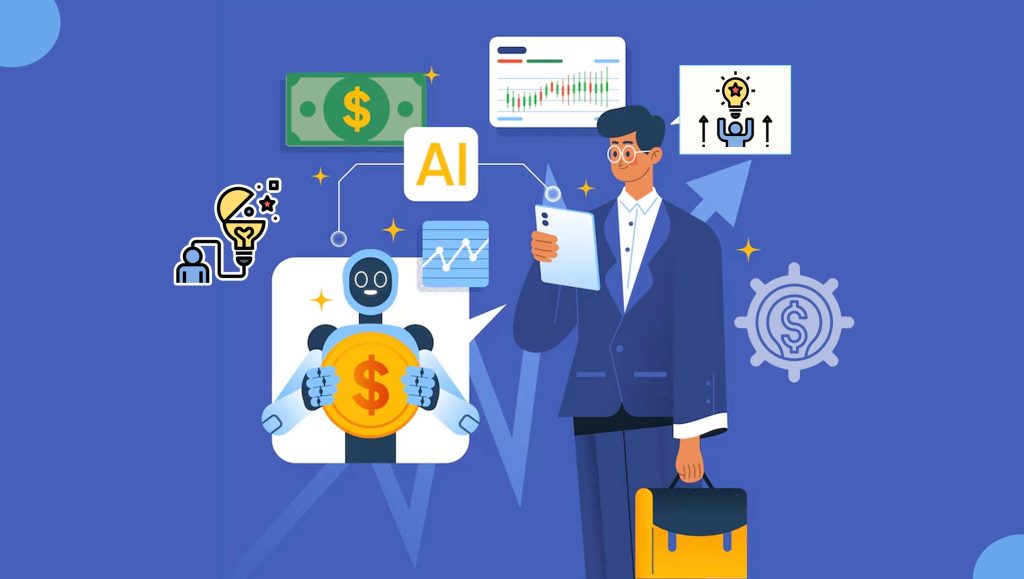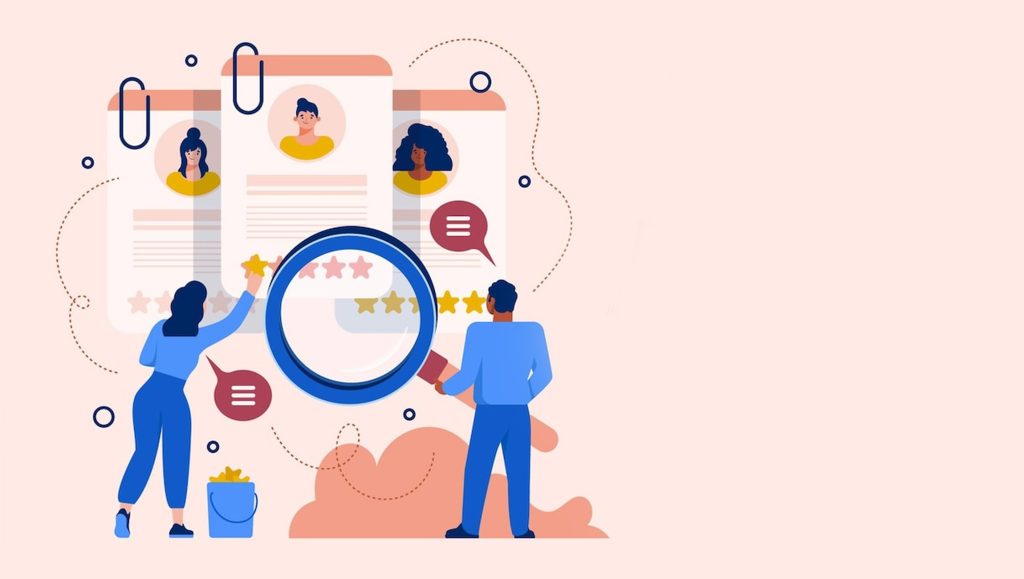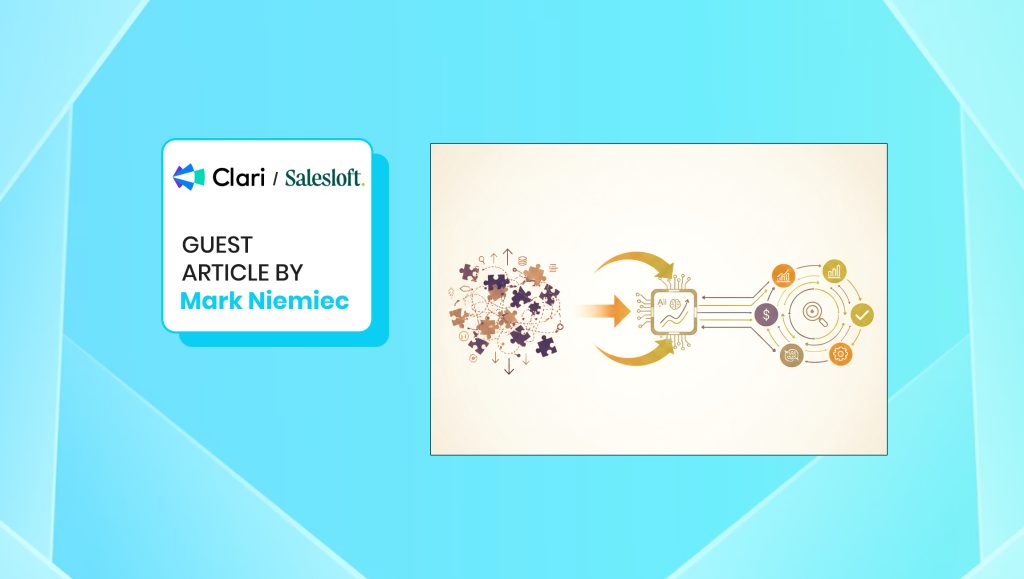Artificial intelligence has transformed the modern business landscape completely, and along with other functioning departments, sales enablement and salestech started undergoing a transition because of AI enhancements too.
AI brings with it some impressive advanced capabilities, leading to improved sales execution cycles and sales strategies, boosting sales team effectiveness, and providing actionable insights for data-driven decision-making. A 2023 survey by Seismic revealed that 50% of organizations are using AI-powered salestech tools to boost their sales enablement processes.
That said, leveraging AI in sales enablement helps your sales teams achieve unfathomable levels of efficiency and productivity.
Let’s dive into the potential of artificial intelligence in sales enablement and substantiate our claims with some real-world applications.
The Role of AI in Sales Enablement
Before we tell you how AI is transforming sales enablement, let’s quickly talk about the traditional sales enablement practices of yesteryear. Conventional sales enablement processes meant providing sales teams with the required salestech and additional tools, resources, and training to improve efficiency and productivity, but traditional sales enablement relied more on manual processes.
But with AI in the salestech picture now, things are evolving for sales teams. AI can analyze large volumes of data and identify patterns quickly and more accurately than humans. While AI is analyzing the data, human sellers can focus on taking data-driven decisions, prioritizing leads, and tailoring sales approaches for their audience.
Practical Applications for AI in Sales Enablement
Enterprises and brands are leveraging AI in sales enablement in various ways, and the applications are far and wide.
Automated Sales Training and Coaching
A significant aspect of AI in sales enablement is sales training and coaching. Sales leaders have to devote a considerable amount of time to training various groups and bunches of new sales executives. While traditional sales training is prone to inconsistencies with resources scattered and a lack of personalized attention to sales reps, AI-based training transforms the overall experience by automating the process.
Not only does AI automate the sales processes, but it also customizes training as per the acumen and calibre of the sales rep. AI analyses the performance of every sales rep, identifies areas for improvement, and generates customized training modules to fill the gaps.
Read More: SalesTechStar Interview with Christina Brady, CEO of Luster AI
Continuous Flow of Content Delivery
Traditional sales approaches often fail to deliver timely and appropriate content. There are so many things piling up that consistency in delivering sales content is compromised.
AI powered salestech can step in and ensures that your sales presentations, case studies, product data sheet, and everything else is ready to address specific customer queries. AI makes the content more accessible and personalized as per the demands of your audience.
With AI in the picture, sales leaders can ensure that their reps have access to all the product and service-related information they need to meet audience needs and questions at different stages of the buying cycle.
Customer Insights and Tailored Approaches
It is not easy to close a deal; it takes immense effort in terms of understanding each customer’s needs and preferences. Under traditional sales systems, sales teams often lack deep insights into customer behaviors, preferences, and pain points due to the absence of data integration and analysis capabilities.
AI solves the problem by using data analytics and machine learning. AI tools for sales enablement offer a 360° view of each customer, enabling sales teams to create precise campaigns catering to specific pain points of the target audience. AI has the potential to integrate data from various touchpoints in your marketing ecosystem, such as social media, CRMs, customer purchase history, and other customer service interactions.
Predictive Analysis to Fuel Deal Closures
The sales team faces the challenge of identifying potential leads, but the main challenge lies in closing these deals. Traditional sales systems rely on human intuition and past experiences, which may or may not be accurate to help close deals.
AI leverages predictive analysis to offer data-driven insights predicting accurate customer behaviors. The advanced approach helps sales teams focus their efforts on potential leads and increase their chances of conversion.
Enhanced Team Collaboration and Communication
Internal collaboration and communication among sales team members lie at the foundation of an effective and close-knit sales unit. It is also important to establish a unified approach to boost customer engagement and have a robust sales strategy.
Managing collaboration and seamless communication in remote-working or hybrid teams becomes difficult. To solve this problem, businesses need advanced salestech powered by AI for team collaboration that facilitate information in real-time across all departments.
An AI-driven approach gathers all the data about a customer and his/her journey and passes the data to the cloud so that the data becomes accessible to all relevant sales team members.
Artificial intelligence has the potential to improve every aspect of the sales cycle, including sales enablement. From automated sales training and coaching to delivering personalized content to audiences and after-sales service, AI plays an instrumental role in augmenting and boosting every bit of it.
Read More: The Importance of Voice AI in Customer Engagement






















